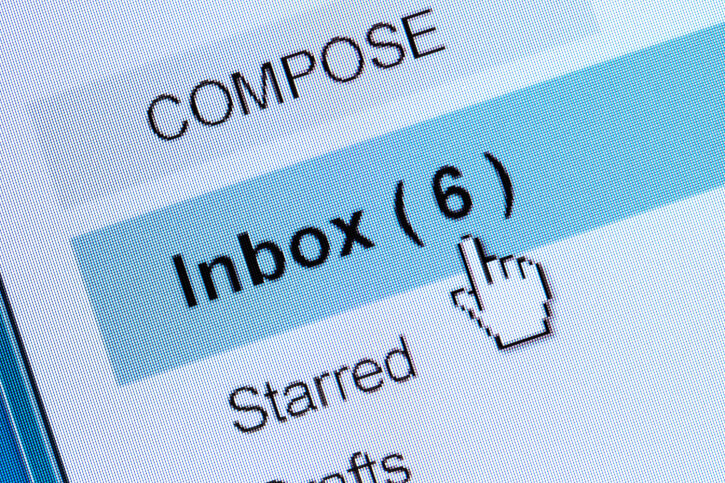
Email Etiquette: Do You Know Which Rules You’re Breaking?
In an increasingly online world, knowing how to communicate with others in email, social media and chat rooms can be just as critical as knowing how to interact in person. Whether you use email every day at work or only occasionally for personal reasons, there are certain aspects of email use that you may not realize are problem areas for you. To ensure your words are taken as intended, remember to occasionally brush up on your email etiquette.
Beware what you share
While your purpose may be to send a simple email to one person, we’ve all heard the horror stories of accidentally sending something to the whole office or having the other person forward your message to someone by mistake. Whenever you’re dealing with private information, confidential company information or office gossip, you may want to think twice about using email. Anything that you wouldn’t be comfortable saying in public is probably best left out of an email.
Career Tip: Some offices store everything on their servers, even the emails you’ve sent long after you and the other party delete them. In some cases, your employer may also have the ability to see what you’re sending from your personal email account when you login through a work terminal.
Evaluate if email is best
Have you ever started typing an email and realized eight paragraphs into it that it’s easier to vocally explain. Whether you have a highly technical concept to convey or you simply don’t know how to properly phrase certain things in writing, email may not be your best bet. Often, picking up the phone or walking over to someone’s cubical can give you the answer you need much faster. It’s also the preferred way to communicate when you worry that your words could be misconstrued.
Career Tip: Since you won’t always be able to communicate with coworkers in person or by phone, remember to summarize. Even if you have to write lengthy emails to ensure you make your point, consider including a closing paragraph that restates the purpose of your email. This can help you avoid the chain of emails back and forth when the other person isn’t sure which questions you actually need answered.
Mind your tone
Unfortunately, even the best communicators among us can be misunderstood when communicating by email. In order to get the best clarity in your messages:
- Avoid emailing when angry
- Skip the jargon and acronyms when possible
- Type in sentence case, not all caps
- Use proper grammar and punctuation
Even when you’re sending personal emails, it’s often best to avoid using the acronyms so common in text messages and chat rooms. At this point, who hasn’t heard of the woman who wrote “LOL” on a condolence message to wish the person lots of love, when in fact, it means “laughing out loud.”
Career Tip: Use the exclamation point sparingly in professional communications unless you happen to be organizing a birthday lunch or office baby shower for a coworker. Not only does the exclamation point look unprofessional when used to excess, it can also dilute the importance of your message.